Baidu’s autonomous vehicle collided with a pedestrian in Wuhan. The incident occurred when the car started moving at a green light.
The pedestrian reportedly crossed against the traffic signal. This event highlights the challenges faced by autonomous vehicles in complex urban environments.
Baidu Responds to Accident Publicly
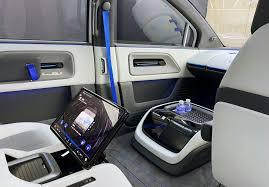
Baidu issued a statement to Chinese media about the incident. They confirmed minor contact between the vehicle and pedestrian.
The company reported no obvious external injuries to the person involved. Baidu, founded in 2000, is a leading AI and autonomous driving company in China.
Social Media Supports Tech Company
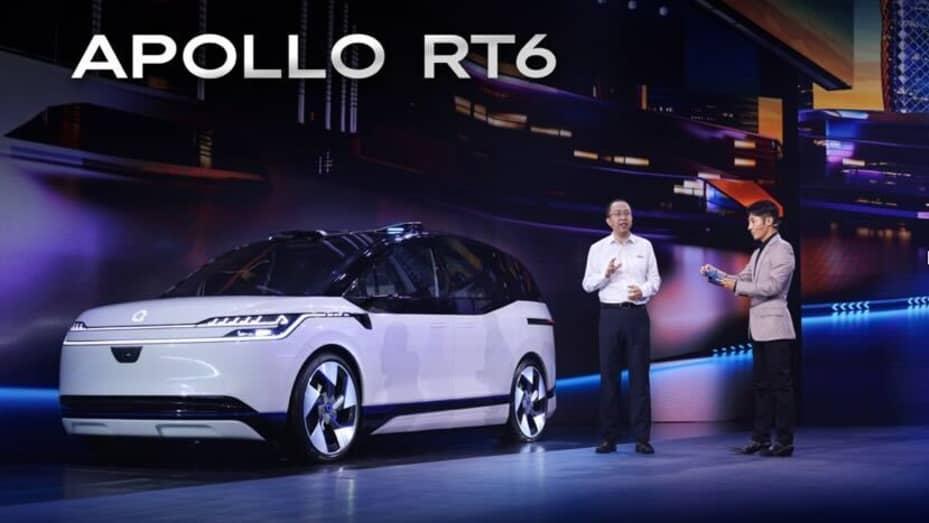
Chinese social media users largely sided with Baidu. Many commenters pointed out the pedestrian’s violation of traffic laws.
This reaction reflects growing public acceptance of autonomous vehicles in China. As of 2023, China had over 1 billion internet users, making social media reactions significant.
Incident Exposes Autonomous Driving Limitations
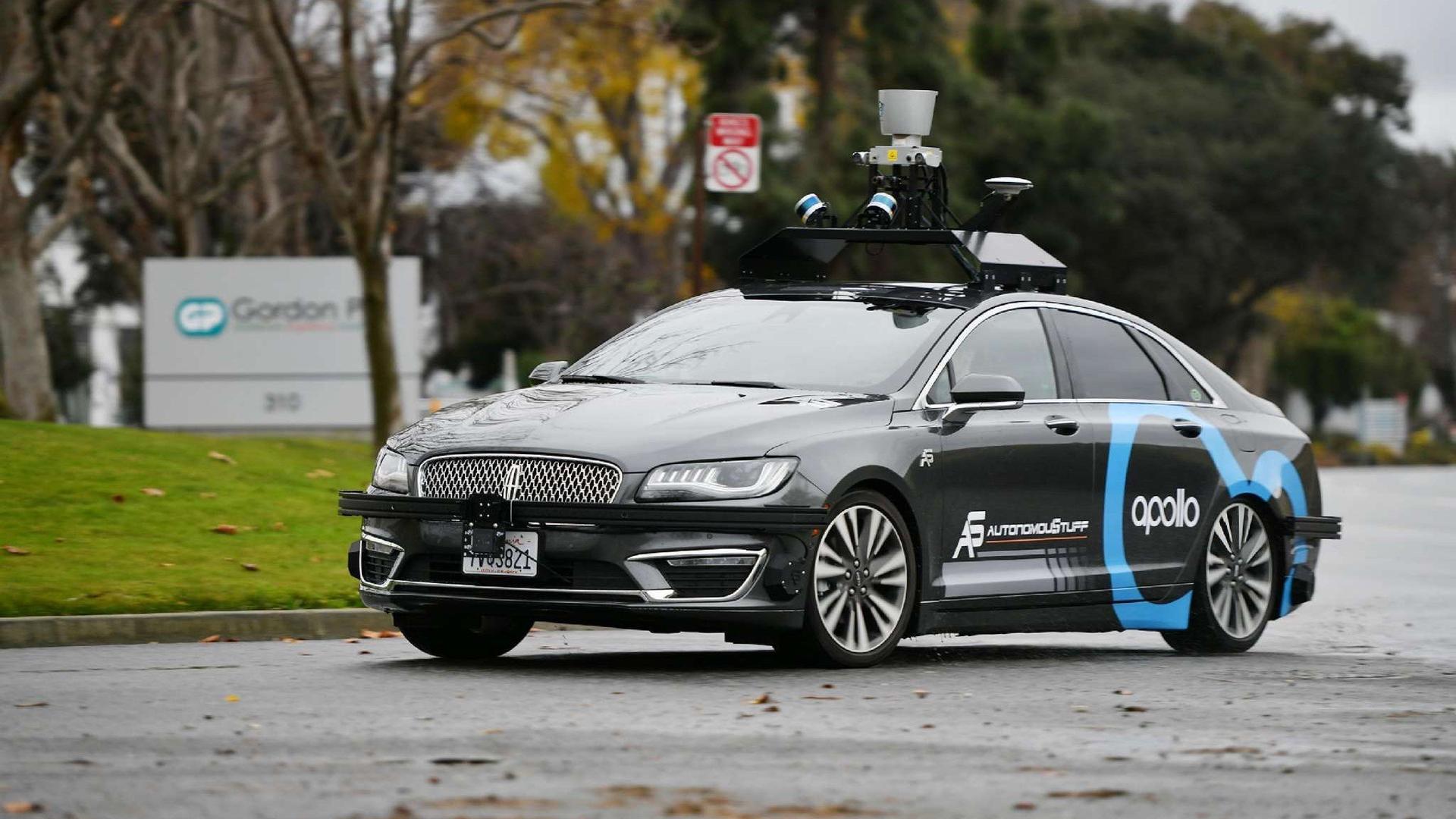
The accident reveals challenges in AI’s handling of unexpected situations. Experts note difficulties in dealing with traffic law violations by humans.
This highlights the need for more advanced AI decision-making algorithms. Globally, autonomous vehicles are expected to reduce accidents by up to 90%, but edge cases remain problematic.
Images of Accident Circulate Online

Photos showing the aftermath of the incident spread online. They depict a person sitting in front of the driverless car.
The vehicle’s rooftop sensors are visible in the images. Visual evidence often plays a crucial role in public perception of such incidents.
Baidu Leads China’s Autonomous Driving
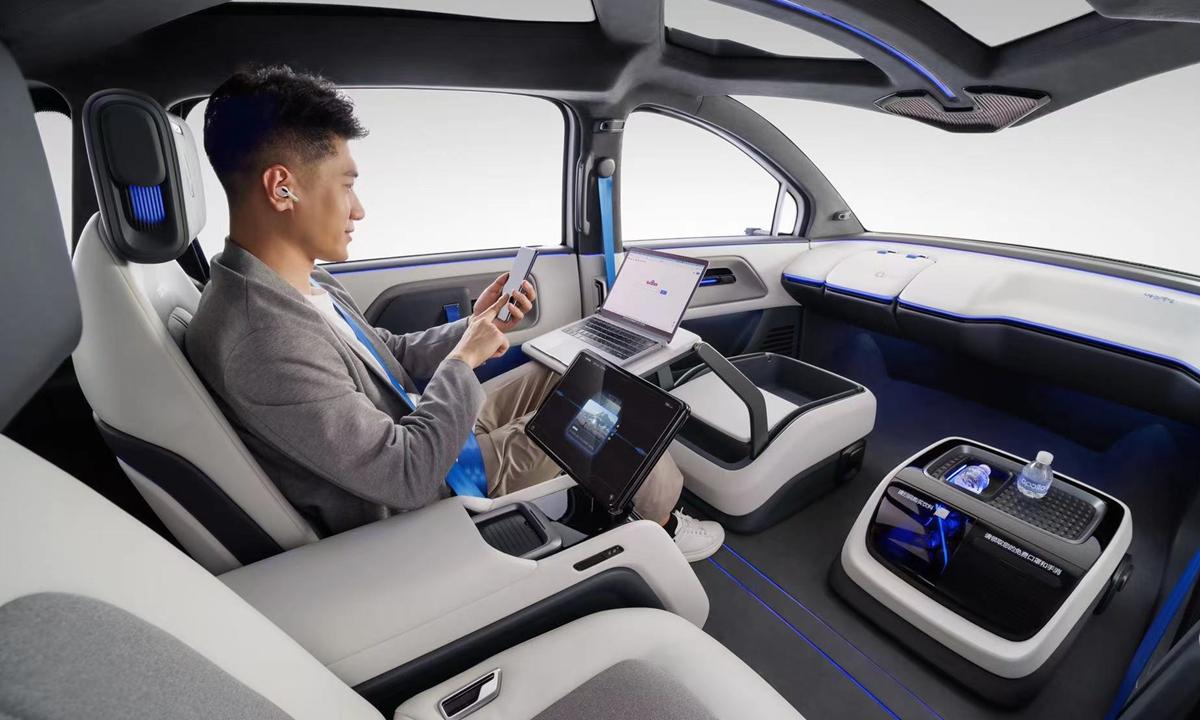
Baidu is at the forefront of autonomous driving technology in China. The company operates the largest robotaxi fleet in Wuhan.
Their Apollo Go service is active in four Chinese cities. By 2025, China aims to have conditional autonomous vehicles account for 25% of new car sales.
Wuhan Hosts Major Robotaxi Operation

Baidu’s largest robotaxi fleet operates in Wuhan. The city’s fleet consists of 300 autonomous vehicles.
Wuhan, with a population of 11 million, provides a diverse testing ground. The city gained global attention during the 2020 COVID-19 outbreak.
Apollo Go Expands Across China
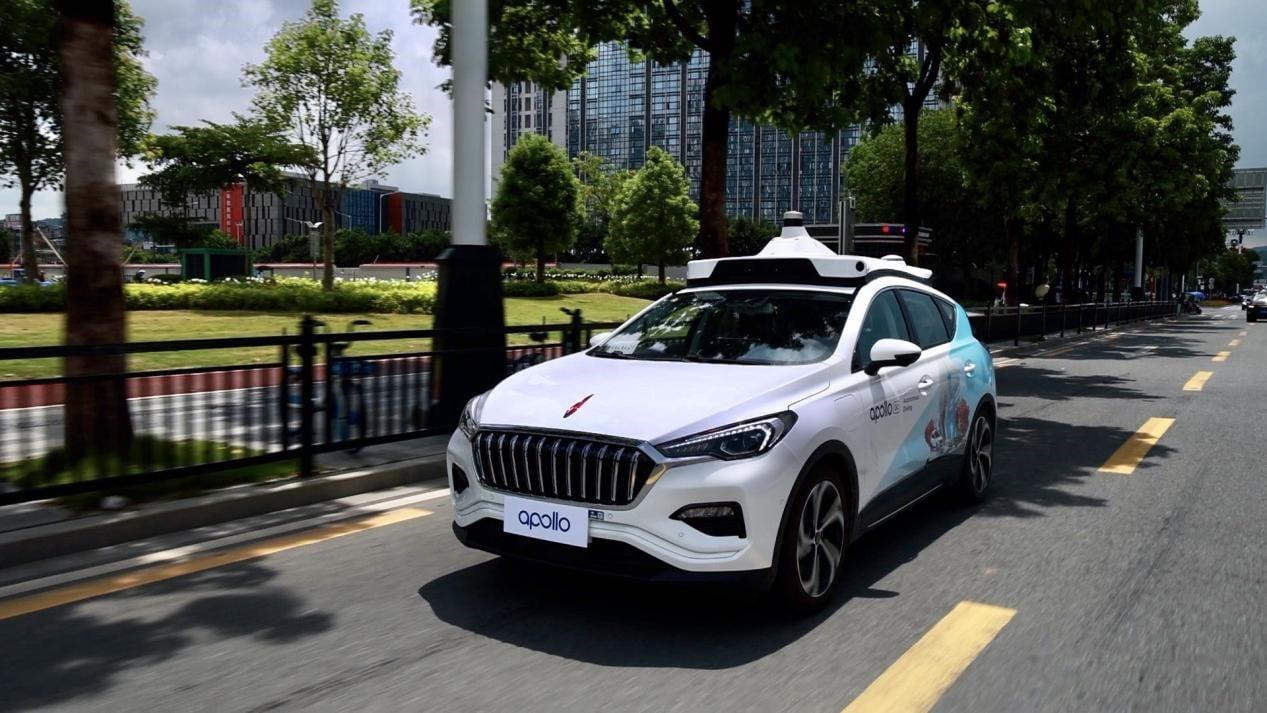
Baidu’s ride-hailing service operates in multiple cities. Besides Wuhan, it’s available in Beijing, Shenzhen, and Chongqing.
The service has been gradually expanding since its launch. In 2022, Apollo Go completed over 1.4 million autonomous rides.
Sixth-Generation Driverless Taxi Launched Recently

Baidu introduced its latest autonomous vehicle in May. The new model significantly reduced production costs.
Unit cost dropped below $30,000, half the previous amount. This cost reduction is crucial for the mass adoption of autonomous vehicles.
China Pushes for Autonomous Driving Leadership
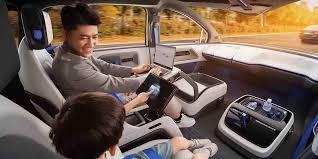
China aims to lead globally in autonomous driving technology. The government has set ambitious targets for autonomous vehicle adoption.
Supportive policies and regulations facilitate rapid development. By 2035, China plans to achieve mass production of fully autonomous vehicles.

